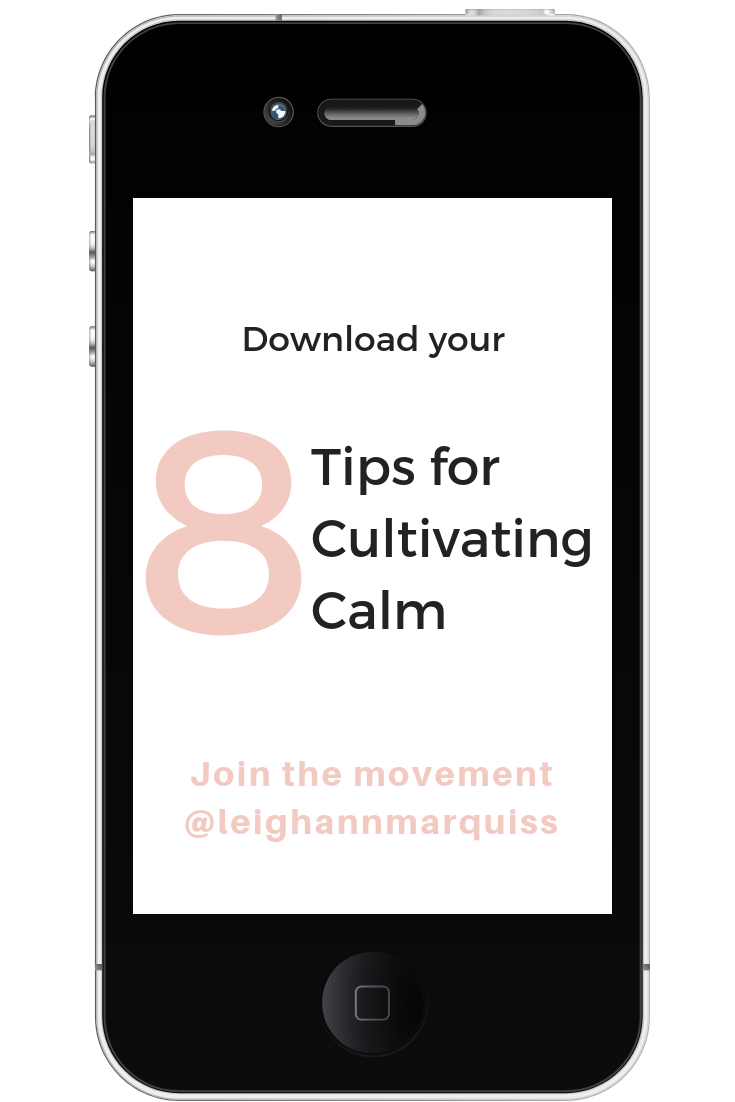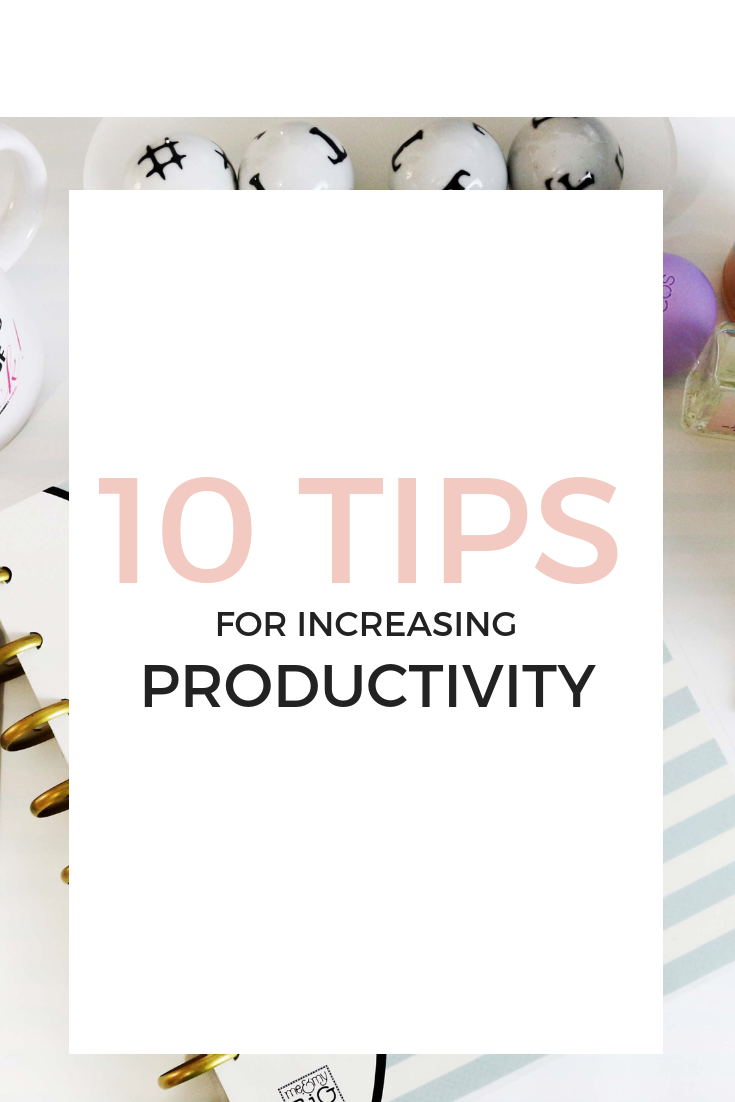
The other day while reading the book version of The Lion King to the littles, I had a profound revelation. To recap, the story is about a lion cub named Simba who runs away from the pride after his father, the lion king, is killed in a stampede. It’s a classic tale of the jealousy as his uncle connives to kill the king and get rid of the heir so he can take over the kingdom.
Uncle Scar convinces Simba it’s all his fault his father died and tells him to “run away and never come back.”
I had just gotten off the phone with a friend who was hesitant to move into a greater position because she was still fighting the voice in her head that told her she wasn’t good enough, that she wasn’t trustworthy enough to handle it.
Having come from that conversation, then reading those words, I couldn’t help but think of how we are Simba. Many of us allow shame to keep us from fulfilling those things we’ve been called to. We look into our pasts and decide that those events – – whether something we did or something someone did to us – leaves us as unworthy. Brene Brown, vulnerability and shame researcher, says shame tells us two things: “we’ll never be good enough” or “who do you think you are.”
We aren’t good enough to be used, or good enough to tell others what we’ve learned. And by the way, if you do try to share what you’ve learned, who the heck do you think you are, some know it all? Because I see you when they don’t, and I know you don’t have it all together.
I know those voices well. I believed a lie for a long time – one that said I wasn’t worthy of effort. I wasn’t worthy enough to rock the boat and certainly not worthy enough to stick around for. I spent many years trying to prove to myself that I was worthy – that I am worthy.
I’ve heard the flip side of the coin too… if I’m not telling myself I’m worthy, then I’m asking myself how worthy do I think I am? Worthy enough to share with other moms what works for me when parenting my four, very different children? Worthy enough to tell other women what I’ve learned during almost 20 years of marriage? Worthy enough to share wisdom on learning and growing and impacting others? It seems without fail, the moment I post on one of these topics I am doing the very things I don’t want to be doing – yelling at my kids, fighting with my husband, or spiraling down with anxiety.
Shame tells us we need to be perfect when it knows good and well perfection isn’t possible. Shame is a task master. The events may be long over or the people long gone, but their power to influence us remains as strong as ever.
It’s time to take back our minds and stop allowing emotional or physical scars from our past to control our present and future (how convenient that Simba’s uncle’s name is Scar).
Embrace Your Story
One secret I’ve come to believe is owning the events shame wants us to hide from takes away their power. The same events become a catalyst that empowers us. Although there are things I wish I could rewrite in my story, I’ve come to understand how they help me relate better with others, become more compassionate, and become someone who values difficulty. They put me in a position I wouldn’t have otherwise and give me a voice that offers healing to others. I’m no longer enslaved by shame. I’m aware of it and have the tools to fight it.
Identify the Lie
Once we embrace our story, without holding it at arm’s length, we are able to ask ourselves questions like, What do I hide from people? Why? What lie am I believing and how is it holding me back?
Understanding the lie and breaking free from it changes us from the inside out. Studies have long shown our thoughts determine our actions, and conversely, we can change our thoughts by changing our actions. Fake it til you make it, baby.
Replace the Lie
Our thought patterns are exactly like our physical patterns… connections of synapses that build over time, becoming stronger the more times the same thought connects. We have the ability to unlearn unhealthy thought patterns, but it takes work. That nagging voice in your head saying you aren’t good enough or aren’t trustworthy enough…. time to shut it up.
And here’s something really, really important – – when you are removing thoughts {or habits}, it’s extremely important to replace them with healthy ones. Otherwise, there’s empty space that needs fillin’ and your mind will fill in the blanks.
If you’re a gardener, you know how this plays out with weeds. When you remove a bed of weeds, more weeds quickly fill in the empty spots if you don’t plant new flowers, crops, or ground cover. Empty spaces get filled in… and if you don’t actively choose what goes there, nature will.
It’s the same with our thoughts and actions. As soon as we tell ourselves we can’t have something, it’s just about the only thing we can think about. Instead, think about what you want to do, or focus on positive thoughts. You replace the negative by pushing it out, not dwelling on it and reliving it.
You might be asking, “Great, what do I replace it with?” Try this trick – – tell yourself what you would tell your friend or child coming to you with this big secret of shame. Would you berate them? Or would you offer compassionate council? Would you point them to the reality of past successes? Would you tell them you believe in them and in their power to change? Tell these things to yourself.
When we break free of the shackles of shame (or fear, or indignity, or anything else we struggle with), we’re able to move forward in life-changing ways.
And now a shameless plug for coaching or counseling, because I love you and I’m not ashamed of my story! Sometimes the help of a third party is necessary to help identify our blind spots. In that conversation with my friend, I was able to look and say, “Yeah, that’s part of the larger theme in your life of XYZ.” It stopped her mid-sentence. She’d never thought of the connection, or even of the theme that I could see. She was too close to the situation. Change is up to us, but that doesn’t mean we can’t have help along the way.
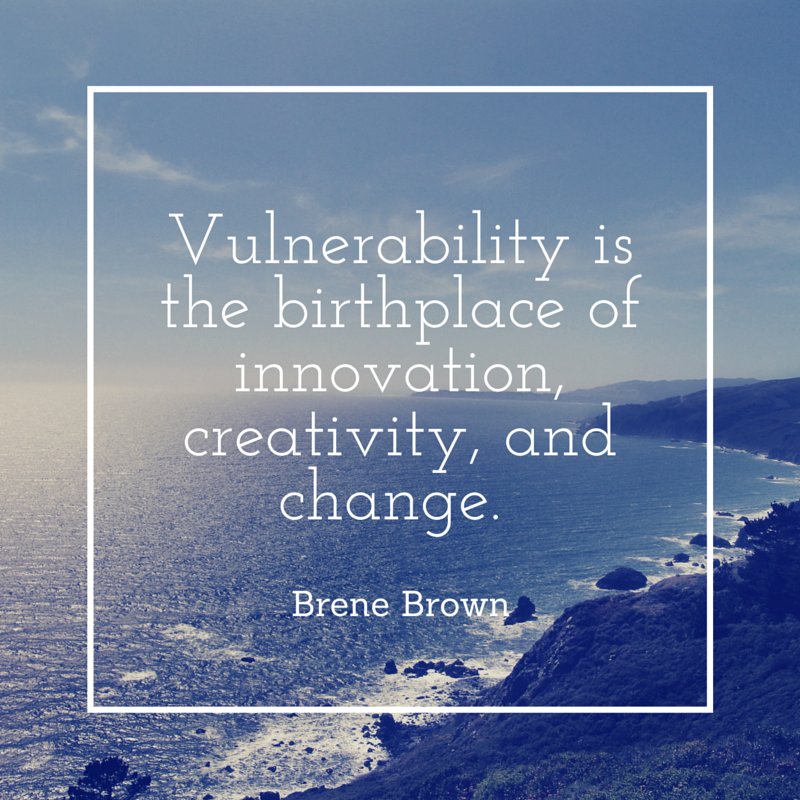
In an article for PsychCentral, Lynn Margolies, Ph.D., says, “Shame can be relieved and healed by breaking secrecy with people who understand, taking actions that generate pride, and taking healthy risks to be seen and known authentically.” Brene Brown says shame must be spoken and secrets revealed in order to conquer it. So I’m going to ask you to be brave today…. super brave. I want you to open up to one person about the shame you carry – whether it’s fear of failure, fear of unworthiness, fear of inadequacy, or whatever it is that you have been hiding at all costs. Pick someone you feel is safe.
If you can’t think of someone, then I’ll be your person… email me. The scariest part is admitting your shame for the first time…. You will feel exposed and afraid. Revealing it doesn’t make healing easy, but it does make it possible. Let me know in the comments (or by email) if you were able to be brave today!
Did you find this article helpful? Please share it via the social media buttons below.
Want to receive more tips on personal growth? Subscribe!
Want more personalized help? Contact me to see if coaching is right for you.
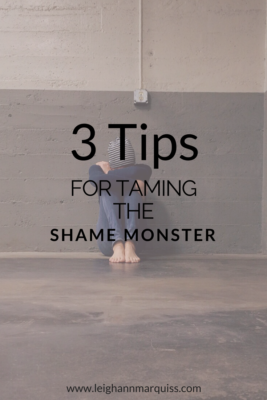
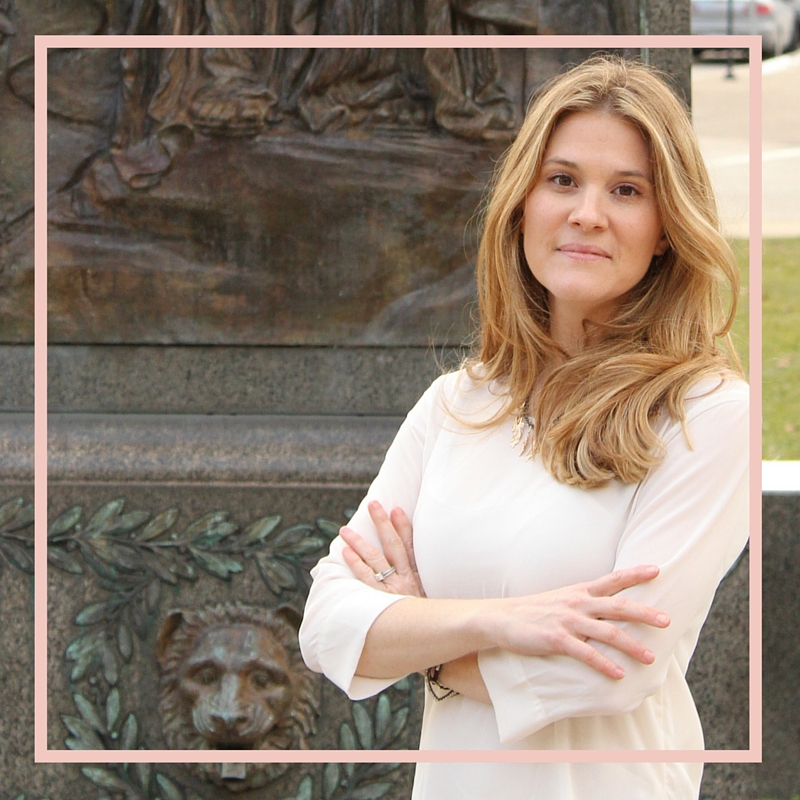
Hi! I’m Leighann. I help busy women go from frazzled to fabulous. I talk about winning imperfectly at life, finding hope in every season, and learning to manage stress while accomplishing your goals. But wait! I have two freebies below – don’t miss out on them – one to cultivate more calm in your life and the other to increase your productivity. Download them now!
